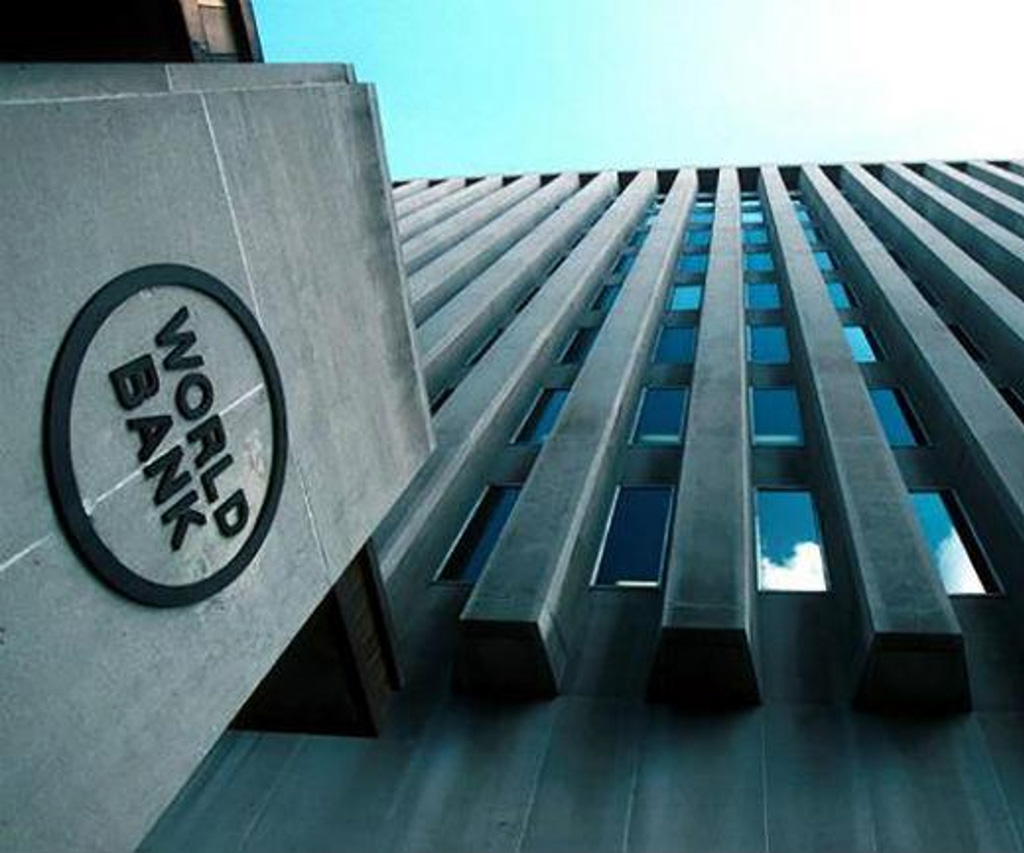World Bank approves $750mn for budgetary support to Kenya

NAIROBI: The World Bank approved a $750 million loan to Kenya that focused mainly on support for agriculture and housing, the bank said in a statement.
For the first time in years the World Bank is putting cash straight into the Treasury to be used at the discretion of the government, a source with knowledge of the issue said on Tuesday.
The East African nation has multiple development funding programmes, worth billions of dollars, with the Washington-based lender, but for years the funding bypassed the Treasury and is usually channelled straight into the projects.
"Measures supported by this ... are expected to benefit ordinary Kenyans through better targeting of agricultural subsidies to reach low income farmers, (and)... increasing availability of affordable housing," Felipe Jaramillo, World Bank Country Director for Kenya, said.
The World Bank said some of the funds will also go toward helping the creation of a digital national identification system.
The loan, which comes under the bank's Development Policy Operations, is designed to support the government's policy and institutional reforms and help make economic growth more inclusive.
"We expect that this operation will help to reduce bid rigging in government procurement thereby leading to fiscal savings and more resources for developmental purposes," the World Bank said.
Kenya raised $2.1 billion in a sovereign bond this month, but some critics have expressed concerns over the country's growing debt burden.
There has been a rise in government borrowing since President Uhuru Kenyatta came to power in 2013 - a jump that some politicians and economists say is saddling future generations with too much debt.
Kenya's public debt as a percentage of gross domestic product (GDP) has increased to 55% from 42% when Kenyatta took over. The government has defended the increased borrowing, saying the country must invest in its infrastructure, including roads and railways.
Typically, World Bank concessional loans have zero or very low interest rates and have repayments periods of 25 to 40 years, with a five- or 10-year grace period.























Comments
Comments are closed.